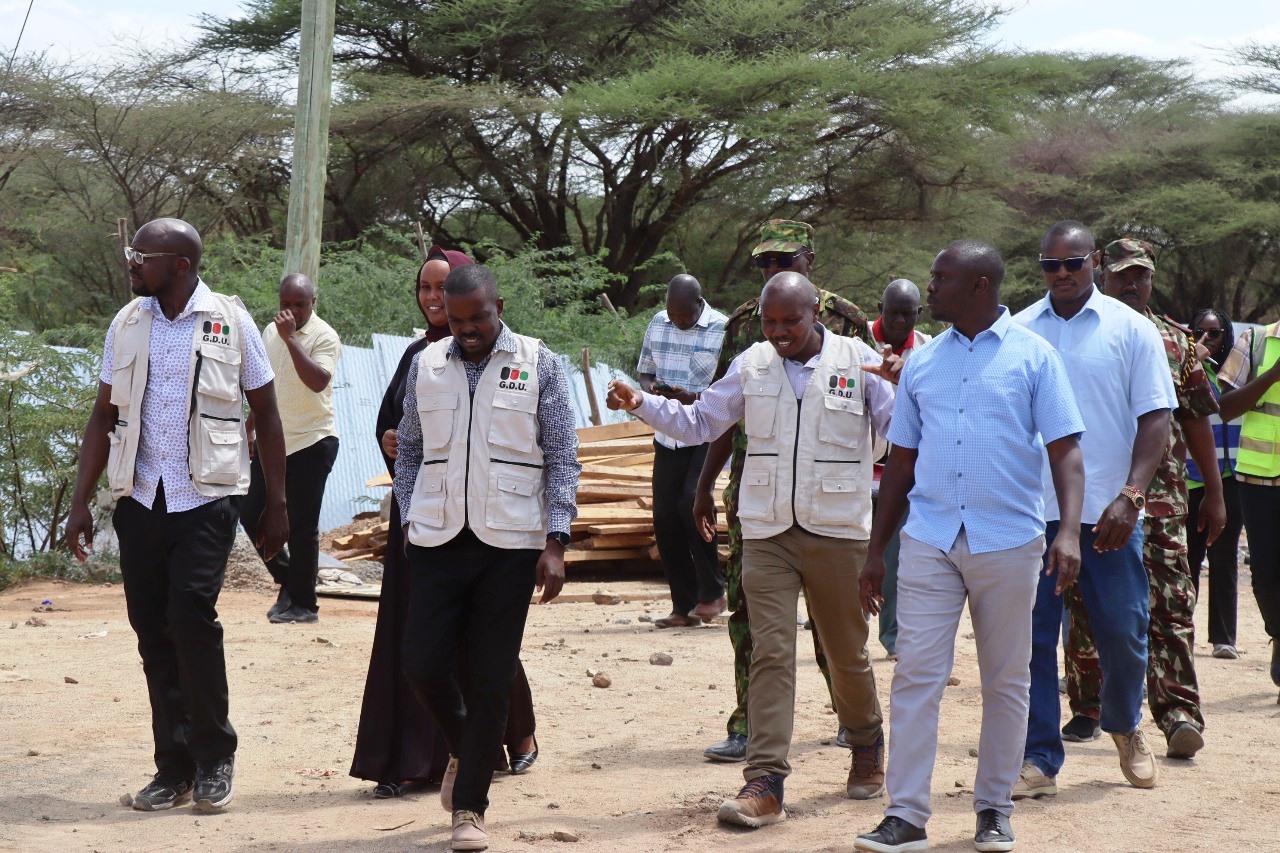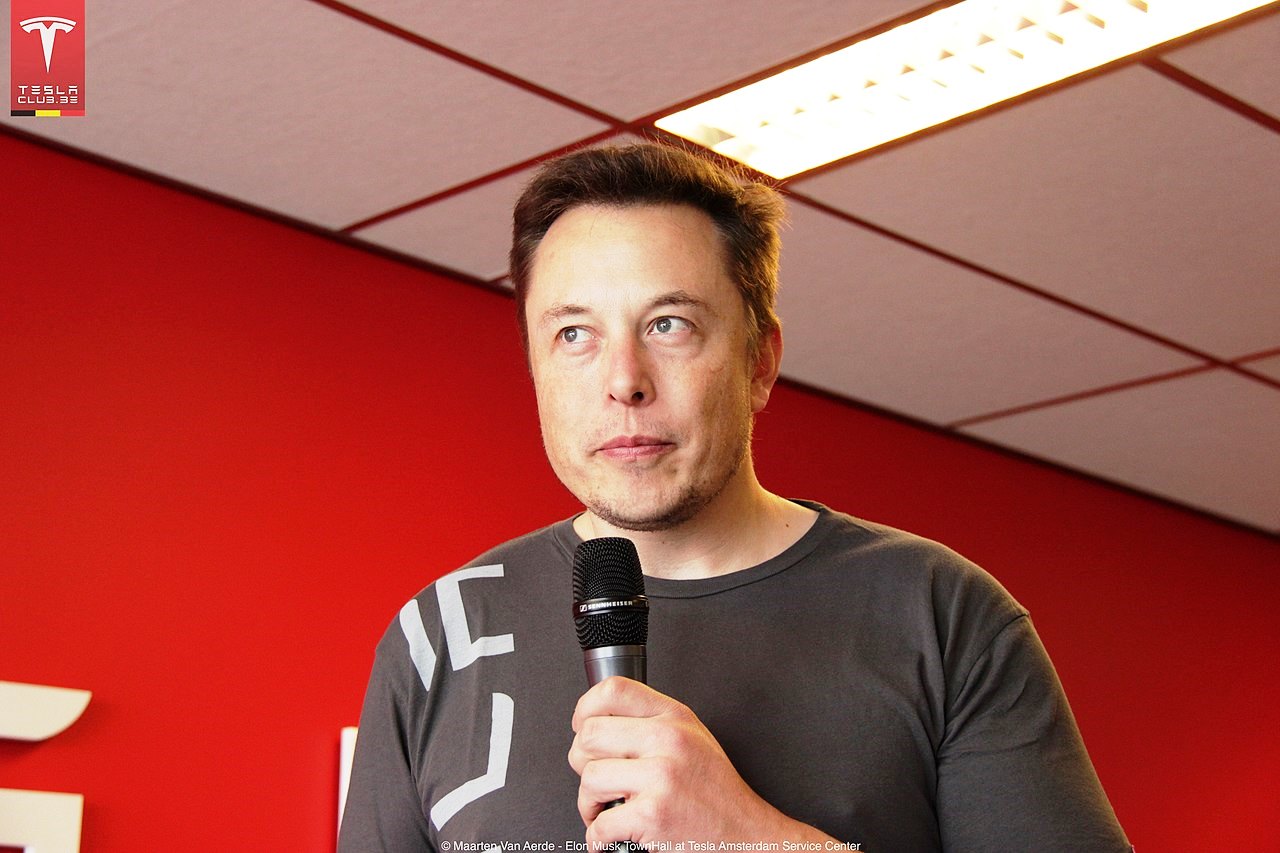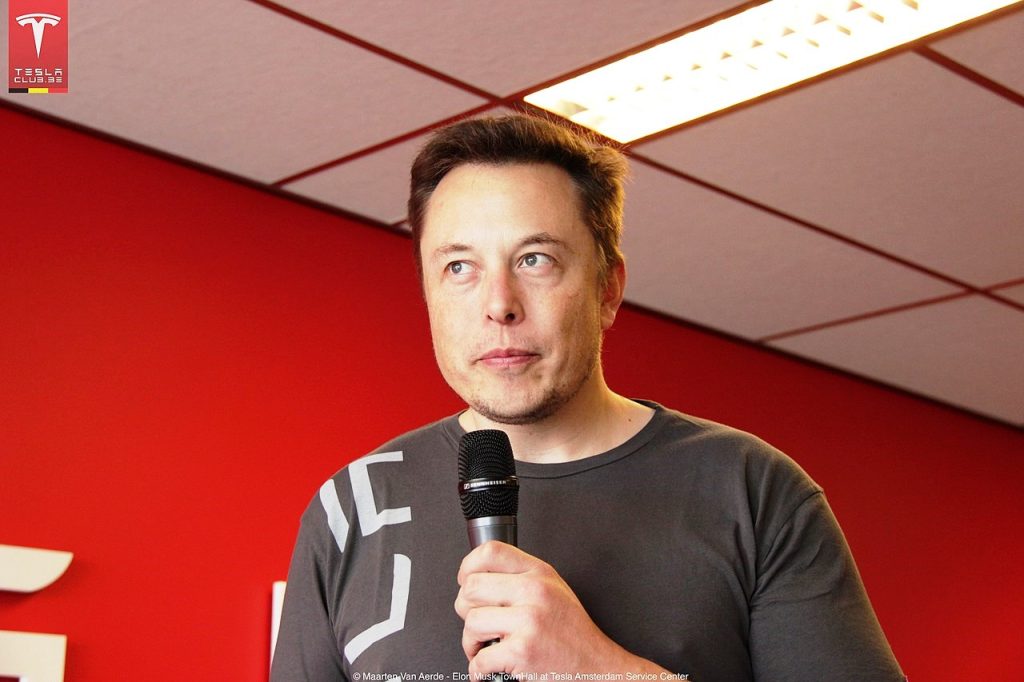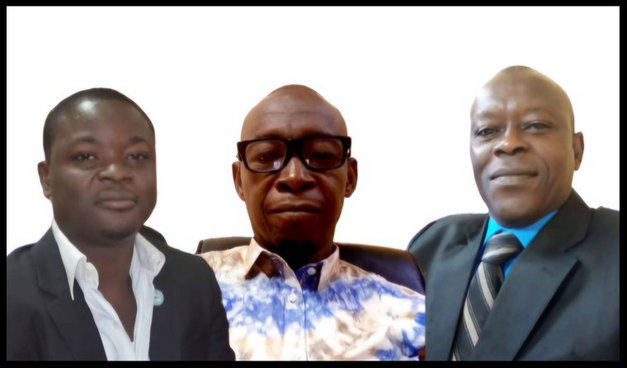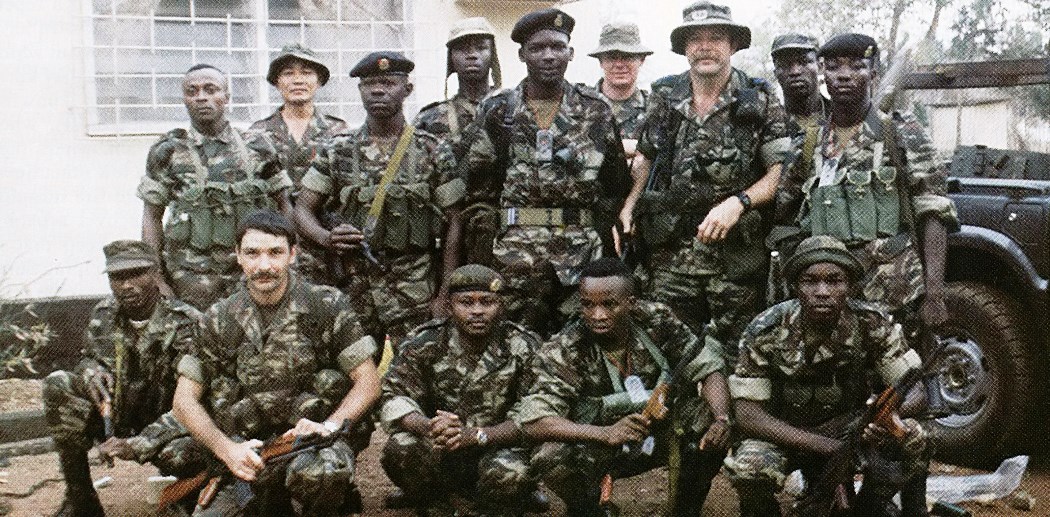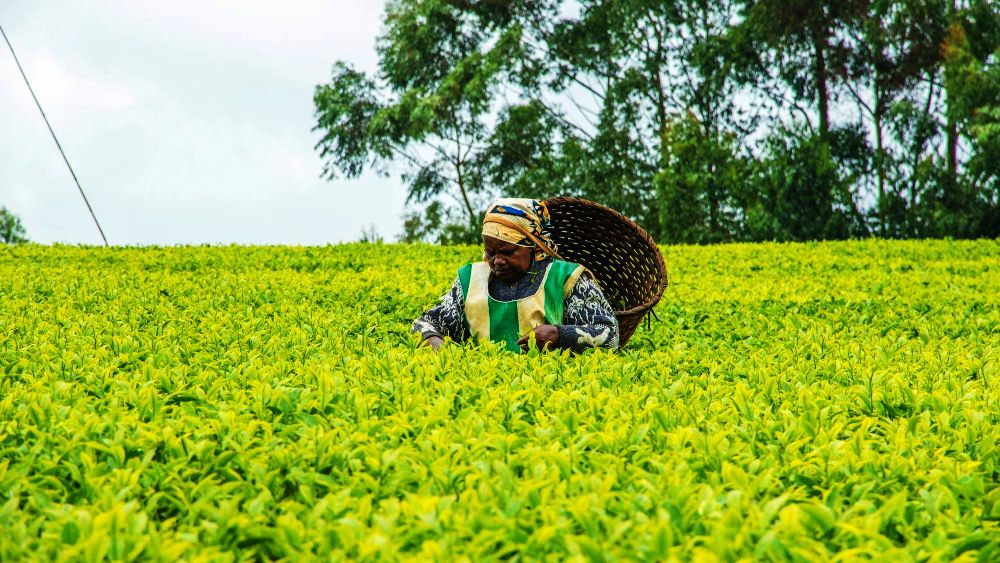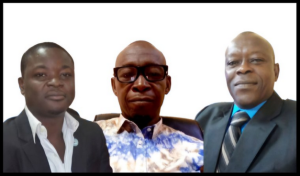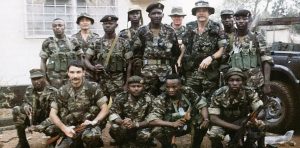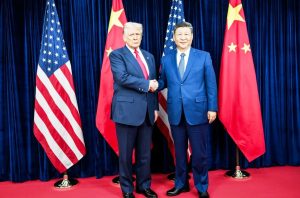Elon Musk retains his title of the world’s wealthiest individual. PHOTO/Wikimedia Commons.
By SPECIAL CORRESPONDENT
Not all billionaires are created equal; and the global landscape of wealth inequality has rarely been more starkly illustrated than by examining the richest individual in every country.
The latest figures from Forbes, based on net worth estimates as of 7 March 2025, reveal a staggering divergence in fortunes, shaped by geography, industry, and opportunity.
Unsurprisingly, the world’s wealthiest individual is once again Elon Musk, whose net worth in the United States now stands at an astronomical US$342 billion.
This figure not only cements his position at the top of the global wealth hierarchy but also highlights the extreme concentration of capital within the tech sector.
Musk’s fortune is nearly double that of France’s Bernard Arnault, the next-richest billionaire from a different country, whose net worth stands at US$178 billion.
Remarkably, Musk now holds more personal wealth than the combined fortunes of Africa’s richest billionaires, a testament to the disproportionate value creation power of Silicon Valley.
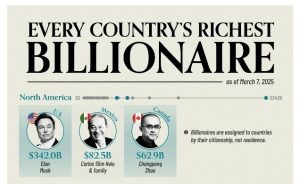
INFOGRAPHIC/Visual Capitalist.
This marks a dramatic shift from the previous year, when Arnault, chairman of LVMH, briefly led the global rankings. A banner year for Tesla stock has propelled Musk back to the summit, underscoring the volatility and potential of equity-based wealth.
Arnault’s fifth-place position on the Forbes global list also speaks volumes. Despite his leadership in Europe, he now trails not only Musk but also fellow Americans Mark Zuckerberg, Jeff Bezos, and Larry Ellison, each of whom commands fortunes that outstrip Arnault’s.
Across Asia, India’s Mukesh Ambani remains the region’s wealthiest individual, with a fortune of US$92.5 billion, largely tied to the diversified operations of Reliance Industries.
In Europe, Arnault leads, followed by Spain’s Amancio Ortega, founder of Inditex and owner of the Zara brand; whose net worth is estimated at US$124 billion.
In South America, Brazilian-born Eduardo Saverin, best known as a co-founder of Facebook, leads with a fortune of US$34.5 billion, while Nigeria’s Aliko Dangote, with US$23.9 billion, continues to dominate in Africa; his wealth built largely from his cement empire.
Some entries on the list are surprising. Pop icon Rihanna is the wealthiest person in Barbados, with an estimated US1.4 billion, while in the United Arab Emirates, the reclusive yet influential Pavel Durov; founder of Telegram, commands US17.1 billion from his tech ventures.
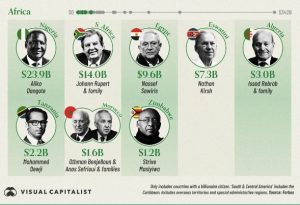
INFOGRAPHIC/Visual Capitalist.
But the disparity is not simply regional; it is systemic. At the lower end of the spectrum, several national billionaires possess fortunes under US$2 billion.
Iceland’s Thor Bjorgolfsson, for instance, holds a net worth significantly more modest than his peers, revealing the vast differences in market scale and industrial opportunity that define global wealth creation.
The spread reflects more than just national GDPs; it exposes the sectors driving ultra-high-net-worth accumulation in the 21st century. From consumer goods and finance to digital platforms and AI, the industries yielding the largest fortunes are those able to scale globally, and rapidly.
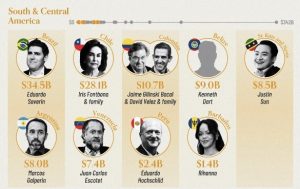
INFOGRAPHIC/Visual Capitalist.
The global billionaire map is both a reflection and a consequence of deep-rooted economic imbalances. And while fortunes can rise and fall with markets, the structural forces shaping them remain stubbornly unequal.
For a deeper dive into regional dynamics, take a look at China’s Richest Billionaires on Voronoi, the new app from Visual Capitalist.
